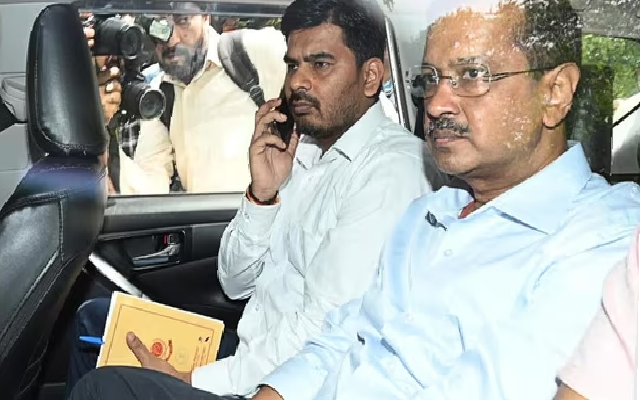On Wednesday, the Delhi High Court commenced proceedings on Chief Minister Arvind Kejriwal’s appeal challenging his detention by the Enforcement Directorate (ED) concerning the liquor policy case. During the session, his legal representative, Abhishek Manu Singhvi, expressed concerns about the arrest’s timing, suggesting it threatened democratic principles by potentially barring Kejriwal from engaging in the electoral process. Singhvi argued that this move was an attempt to undermine the Aam Aadmi Party (AAP) before the commencement of voting.
Singhvi raised questions about the necessity and timing of the arrest, emphasizing that a level playing field encompasses more than just words; it is crucial for ensuring free, fair elections, and by extension, upholding democracy and its foundational values. He suggested that the arrest’s timing aimed to disenfranchise Kejriwal from participating in the election and was an overt attempt to weaken his party before any votes were cast, thus challenging the essence of democratic fairness and the election process.
Further, Singhvi highlighted that from the issuance of the first summons on October 30, 2023, to the ninth summons on March 16, the ED did not uncover any evidence justifying Kejriwal’s arrest under Section 50 of the Prevention of Money Laundering Act (PMLA). He criticized the ED’s rationale for detention, stating that the agency’s desire to investigate the Chief Minister’s role did not constitute valid grounds for arrest.
On April 1, a trial court ordered Kejriwal to be held in judicial custody for 15 days. Despite this, Kejriwal retained his position as Chief Minister while being detained in Tihar Jail. In a related development, AAP MP Sanjay Singh was granted bail in the same case the previous Tuesday. However, the Supreme Court has clarified that Singh’s bail should not be considered as setting a precedent for other related cases.




